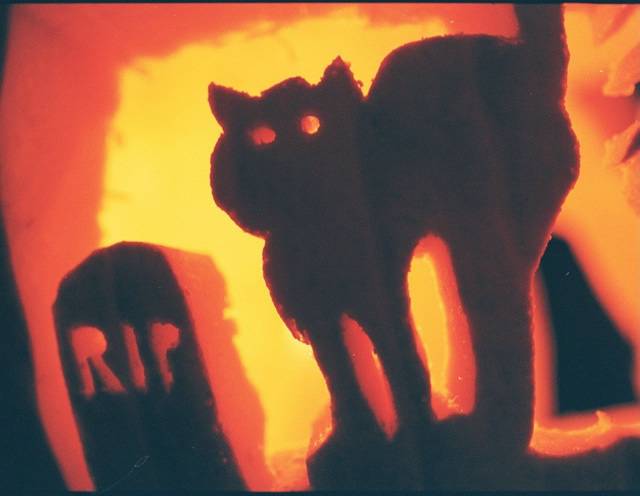mortal
"Debes entender que la leña se atiene a su propio estado como leña y tiene un antes y un después.
Las cenizas están en su propio estado y tienen un antes y un después.
Así como la leña no se convierte otra vez en leña tras transformarse en ceniza,
así una persona no vuelve de nuevo a la vida tras la muerte."
Dôgen "Genjô Kôan" in Shôbôgenzô, 1233
Las cenizas están en su propio estado y tienen un antes y un después.
Así como la leña no se convierte otra vez en leña tras transformarse en ceniza,
así una persona no vuelve de nuevo a la vida tras la muerte."
Dôgen "Genjô Kôan" in Shôbôgenzô, 1233
La antigua y persistente estrategia del budismo, aquí afirmada de nuevo por Dôgen, ha sido la de superar la creencia y el anhelo por la eternidad, adquiriendo una clara comprensión de que el mundo, incluido uno mismo, es fundamental y radicalmente transitorio.
La comprensión del Dharma como la eterna e inmutable naturaleza del mundo [...] tiene el efecto crucial, no de liberar a uno de la fugacidad y de la muerte, [...] sino de liberar para la fugacidad y para la muerte.
Ser auténticamente libre significa, no ya eludir, o escapar de, la fugacidad y la muerte, sino ser total e incondicionalmente libre para ser fugaz y absolutamente mortal.
Cook, Francis H., Sounds of Valley Streams. Enlightenment in Dogen’s Zen, Albany: State University of New York Press, 1989, p. 57.
["You should understand that firewood abides in its own state as firewood, and has prior and subsequent. Ashes are in their own state as ashes and have a prior and subsequent. Just as firewood does not become firewood again after turning to ash, so a person does not return to life again after death." / The ancient and persistent strategy of Buddhism, here asserted again by Dôgen, has been to overcome the belief in, and longing for, permanence by acquiring a clear understanding that the world, including oneself, is fundamentally and radically impermanent. / The understanding of the Dharma as the eternal and immutable nature of the world [...] has the crucial effect not of liberating one from impermanence and death, [...] but rather of liberating to impermanence and death. / To be truly free means not avoiding or escaping impermanence and death but rather being totally, unreservedly free to be impermanent and mortal.]






No hay comentarios:
Publicar un comentario